If you’re looking for ways to increase the productivity and profitability of your business, cost accounting could be exactly what you need. Unlike financial accounting, cost accounting focuses on tracking productivity-based data in order to determine a business’s break-even point and plan for future growth.
At its core, cost accounting takes a granular look at the fixed and variable expenses that are unique to a specific business. These expenses are compared to production rates and associated profit margins in order to provide management with options when it comes to product opportunities, employee productivity, divisions of labor, and the overall effectiveness of operations and tasks.
It’s important to understand the origins of cost accounting before we take a look at how it can be used to improve your business.
History and Uses of Cost Accounting
Cost accounting became popular in the 1800’s as the industrial revolution triggered widespread manufacturing. Along with factories, came the financial need for tracking production costs and weighing those against profits. Managers quickly recognized the need for formal accounting standards, techniques, and formulas, leading to the birth of cost accounting.
Cost accounting would become a standard practice with the formation of the National Association of Cost Accountants (NACA) in 1919. This organization survives 100 years later as the Institute of Management Accountants (IMA) and is considered to be one of the leading accounting associations on a global level.
Over the course of the 1900’s the focus on cost accounting evolved to encompass management accounting, an umbrella term that includes the principles of cost accounting with an added emphasis on managerial consulting services. In 1924, James O. McKinsey popularized the practice by writing the first textbook dedicated to the subject and advocating for in-depth research and training. The consulting firm he created, McKinsey & Company is still active today and is widely respected as one of the leaders in the field.
Throughout the later half of the 20th century and into the present accounting landscape, the theories of cost accounting have been utilized by internal business management to track fixed and variable expenses with the goal of optimizing production. Similar to a personal budget, cost accounting collects data concerning production costs, comparing the input costs to the associate output. The resulting information provides a management team with a projection of financial performance. This information is then used to make decisions like adding products or streamlining production efforts.
Today, cost accounting is no longer only utilized in manufacturing. Its principles are applied across various industries including corporate entities seeking ways to boost productivity by leveraging workplace culture, technology, and a highly skilled, modern workforce.
Common Terminology
As a unique segment of accounting, it makes sense that the profession comes with its own set of terms. The most common concepts include the following:
Fixed Costs - costs that remain stable and consistent over time, such as a building lease.
Variable Costs - costs associated with a specific level of production or productivity that are subject to change over any given time period.
Direct Costs - costs that are solely related to the production of a material such as labor costs.
Indirect Costs - costs that are linked to production by association such as an energy bill for the time spent running machinery.
Standard Costing - the practice of establishing the standard costs associated with a business’s individual products and services. These costs include labor, equipment, and all associated direct and indirect costs involved in producing a given product.
Variance Analysis - the process of establishing the difference between the standard cost for a business and the actual cost of a product.
Activity-Based Costing (ABC) - the process of identifying department-wide costs associated with the act of producing a single product or service.
Lean Accounting - the practice of streamlining the financial management of a business with a goal of increasing productivity.
Value-Based Pricing - a system for setting prices based on the perceived consumer value of a product or service instead of the cost of production.
Marginal Costing - the process of determining the cost of producing one additional product or service into the workflow of a business.
While this is by no means an exhaustive list of terms and concepts, it provides insight into the theories that drive cost accounting to provide businesses with a unique set of data points that can be used to make future decisions.
Why Cost Accounting Matters
Cost accounting has a variety of benefits for those looking to examine the real price of their business at a granular level. A cost accountant can provide you with the information you need to make informed, long-term decisions for your business.
Pricing
Cost accounting strategies can help you establish the true cost of producing a product or service, allowing you to set prices that more accurately reflect the commodity’s value. Once you’ve established how much a product costs to produce, you can set sales rates and determine future discounts or price fluctuations based on the market over time.
Cost Analysis
Cost accounting practices also provide insight when it comes to determining future business decisions. With the information provided through cost accounting efforts, you can confidently project the effects of making changes to your business, such as switching production rates, adding product lines, and switching suppliers.
Budgeting
The primary goal of cost accounting is to provide a business with a detailed budget on a much deeper level than those typically used in financial accounting. Instead of presenting you with simple cash flow information, cost accounting reveals the various reasons behind the financial reports you see. As a planning tool, a budget informed by cost accounting techniques is a proactive measure of how a business is performing.
Unlike financial accounting that documents your past performance, cost accounting can be used to determine the efficacy of future product additions, supply chain improvements, and equipment purchases. Cost accounting provides management with the data-backed confidence needed to make innovative changes a reality. Its principles can be applied across various industries including corporate entities seeking ways to boost productivity by leveraging workplace culture, technology, and a highly skilled, modern workforce.

